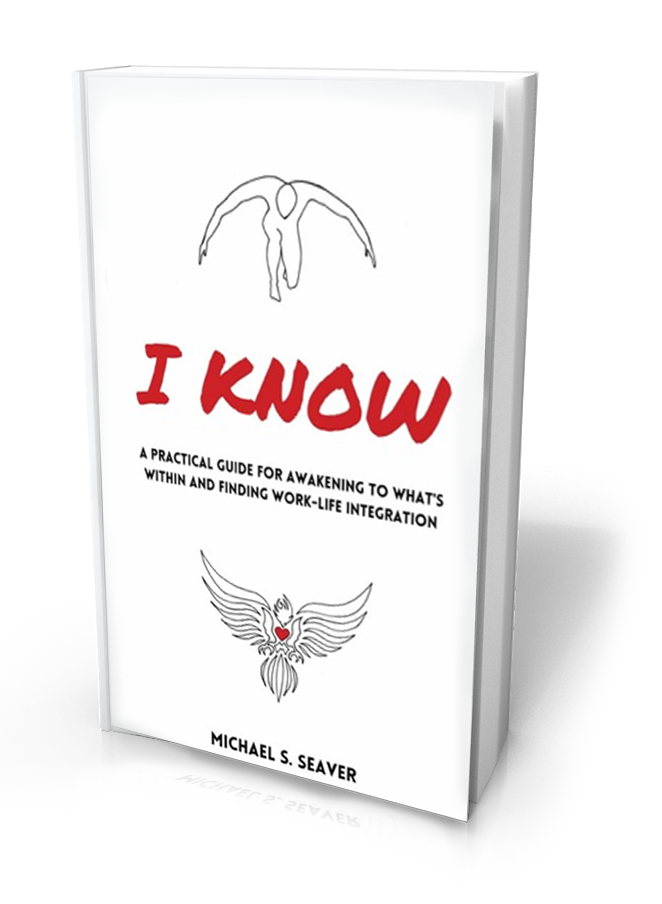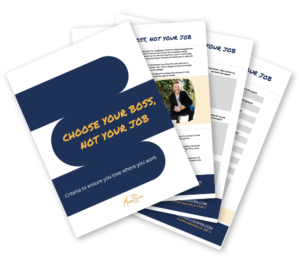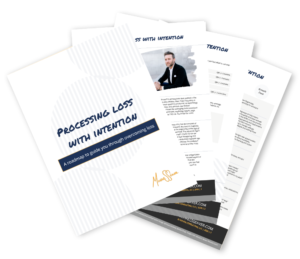Perhaps the most important part of the 21st century career search is recognizing that it is never ending. Too many people quit looking for work as soon as they find work. However, the basic constructs of the relationship between business and labor have drastically changed. Business is no longer an environment providing cradle-to-grave employment. Many institutions have become extractive in that they use a resource (earth or human) and quickly discard its remains. I am sure you’ve noticed the flattening of the world’s leading organizations, pervasive out-sourcing to countries with cheaper labor, and the push for more part-time and contract labor domestically.
In more ways than one, the knowledge economy is asking you to become a consultant with your own brand. Instead of handing over that brand to an institution that treats you as a disposable resource, safeguard your brand and proliferate it. When you choose to work for an institution, maintain your personal brand within the institution’s cultural mores. And although you’ve garnered employment, your employment situation could change rapidly, so continually search for your next opportunity.
What are important things to remember?
Update Your Success Stories – As you finish projects or accomplish major goals, update your resume, cover letter, and 30-second commercial to reflect your new success. Recruiters and hiring managers love to learn about and talk to individuals who are change makers. Use your accomplishments to help them (or any of your connections) envision you in an open position. Your goal is to be referred into a meaningful job. Reactively applying for a position is a thing of the past. Being referred into a great position is 21st century recruitment.
Network – It is very important that you continually add value in the four channels of professional networking. Whether in the informal, knowledge, business development or online channel, you must be continually active showing your thought leadership. If one member of your network sees you as a leader and having the potential to add value through making his organization money, saving it money, or mitigating its risk, you’ll be referred into the job.
Build Relationships – Through a defined process of networking and spreading your brand, you will have significant opportunities to build long-lasting and meaningful relationships. With a proactive approach, having the right motives, showing appreciation, and adding value to those around you, you’ll be top of mind as organizations open positions. The Chinese call this guan xi (关系) and are masters at building their network and mutually beneficial relationships.
I’ve read articles stating that only 25% of available positions are actually posted online. If true, you can use the above tips to ensure that you are proactively referred into the other 75%.
As you begin to reshape your career strategy away from big brand names and extractive institutions and towards organizations focused on the triple bottom line, it is important to note that the process isn’t so much a discovery of new careers, but in looking at the job search process with new eyes.
“You’ve got to think about big things while you’re doing small things, so that all the small things go in the right direction.” – Alvin Toffler






Connect with me